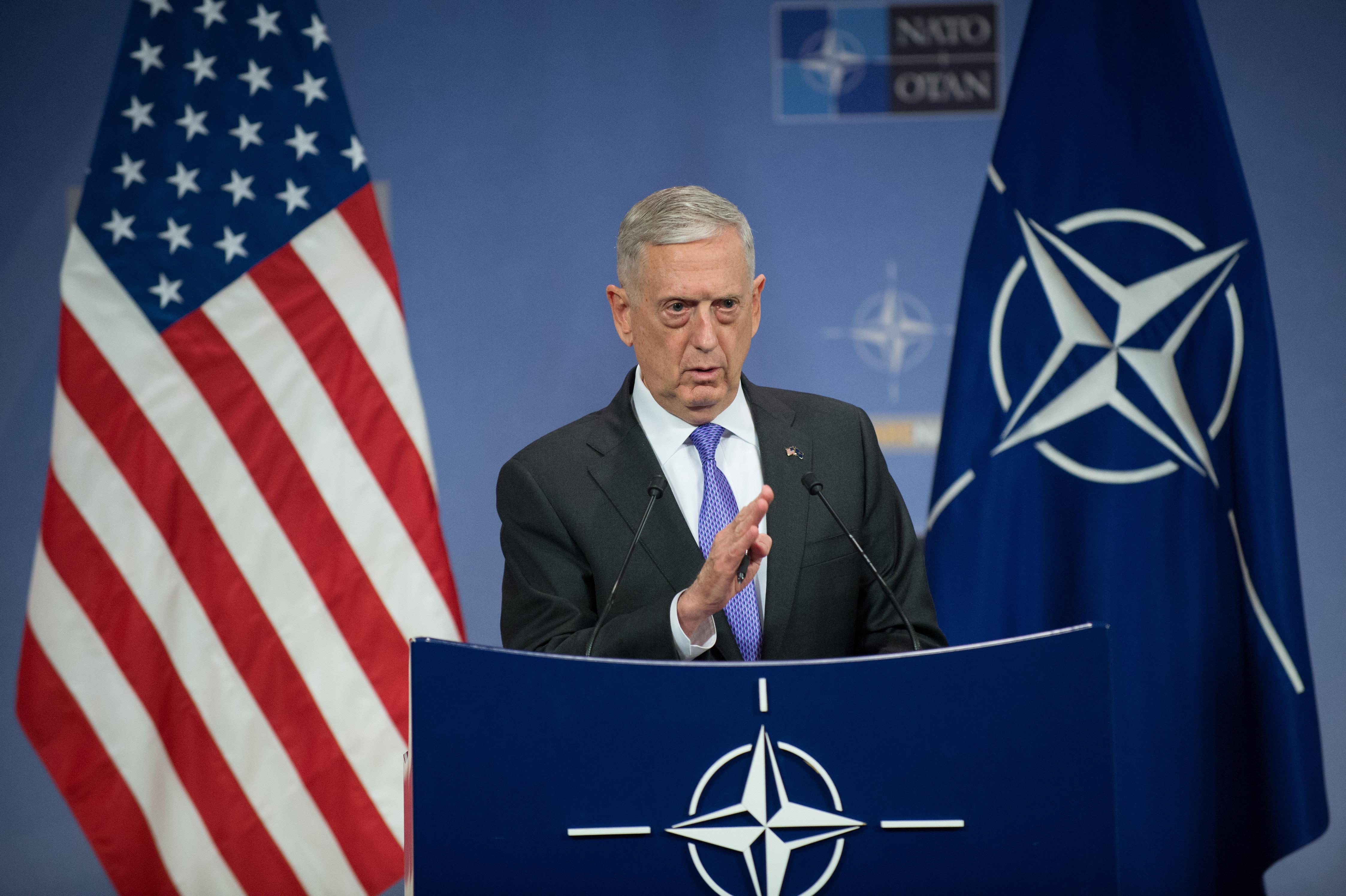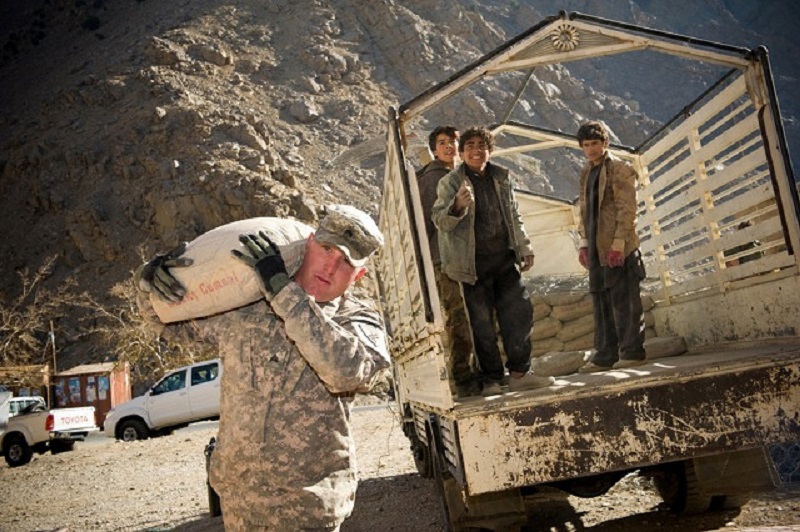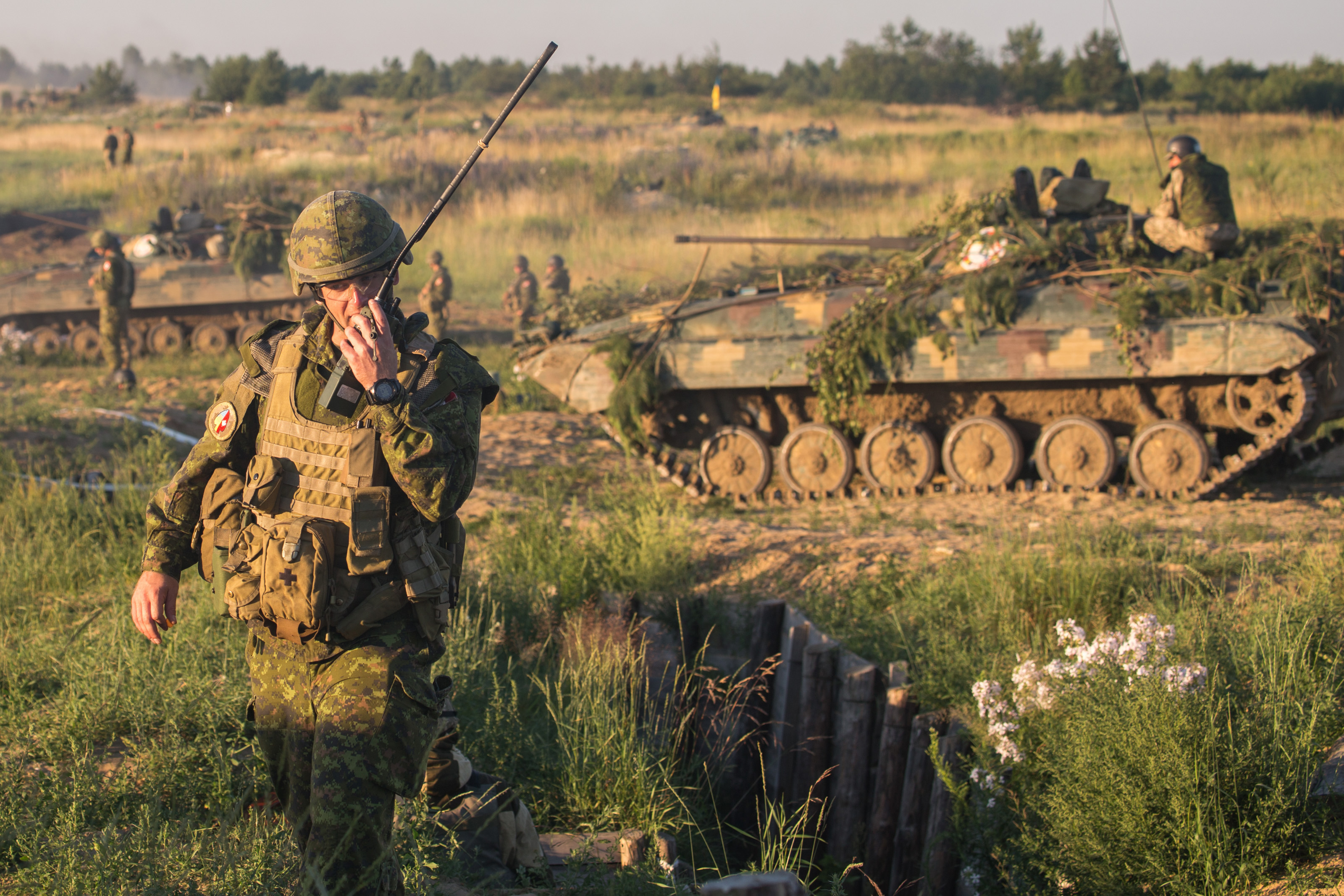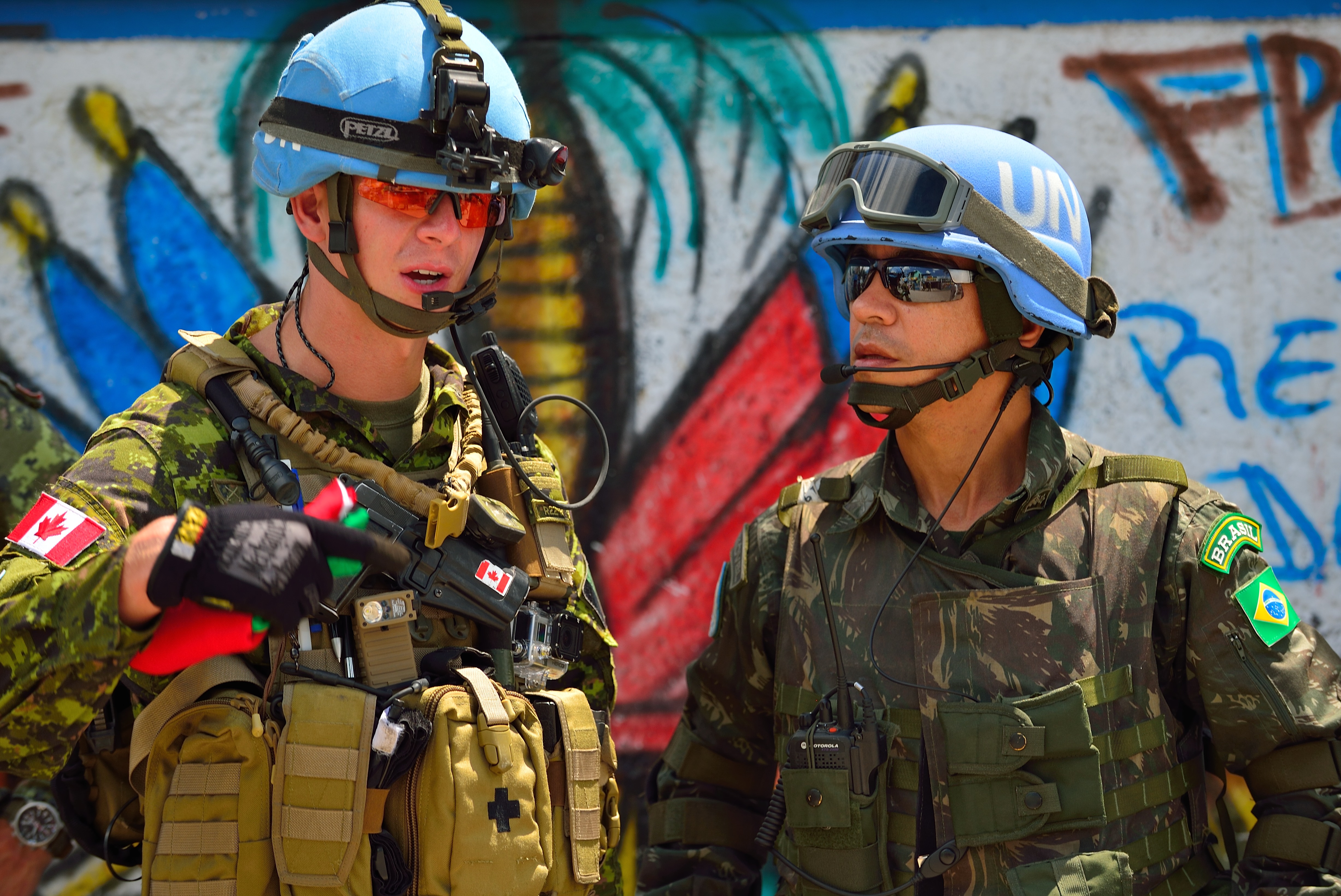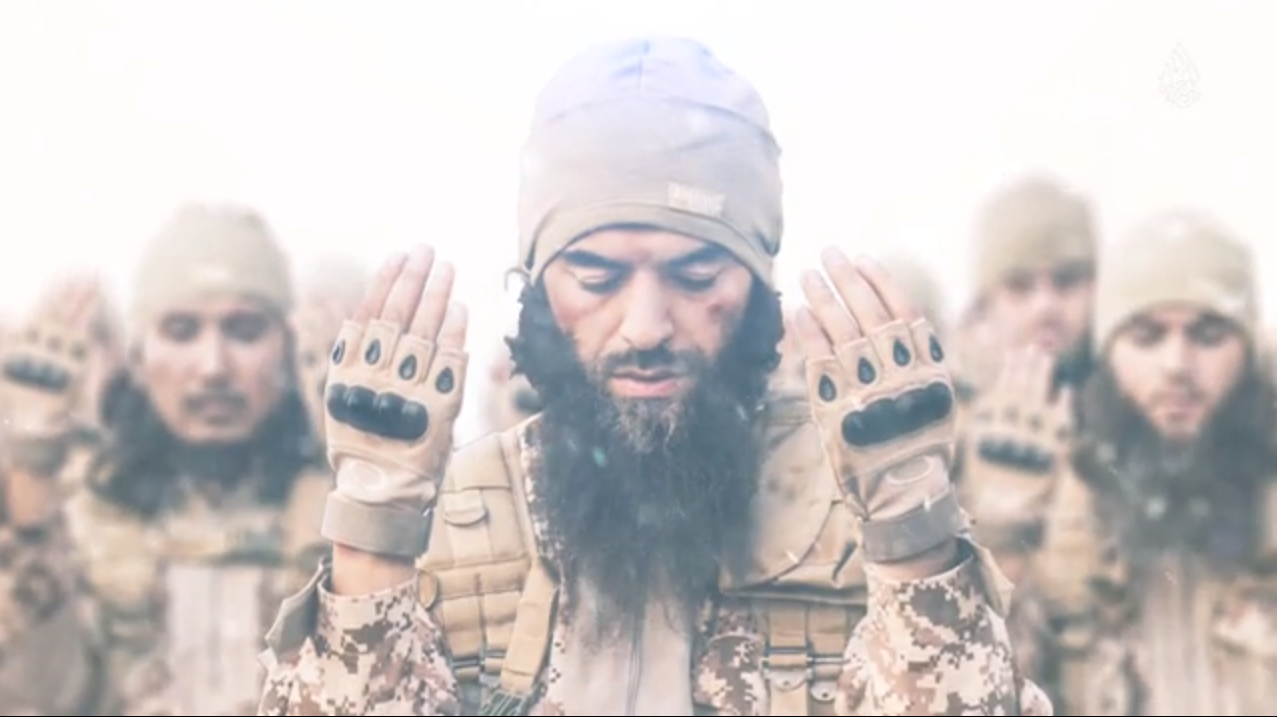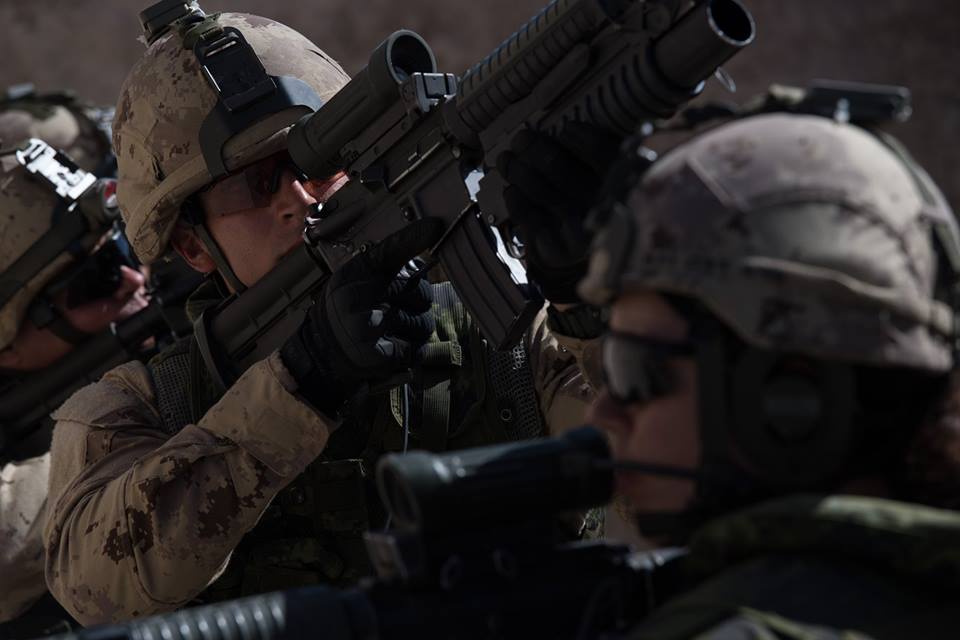With the rise of Russian aggression, the US must be willing to act multilaterally with its European partners and be able to project stability beyond its own borders. Jayson Derow discusses the vital interests of the US in a Europe that is democratic, stable, robust, and undivided.
Jayson Derow
Nous avons gagné la bataille, mais nous avons perdu la guerre
Les États-Unis n’ont pas changé après le 11 septembre. Au contraire, il est devenu plus de lui-même. Jayson Derow soutient que l’administration Bush a utilisé le 11 septembre pour légitimer l’expansion de la puissance américaine afin d’assurer sa suprématie militaire et économique.
Hiding Behind Closed Borders: The European Union’s Failure in Managing the Refugee Crisis
Despite being charged with leading a response to the refugee crisis, the EU is incapable of responding promptly or appropriately. A comprehensive approach between the EU and NATO is needed that seeks to address the EU’s growing disintegration and insecurity.
Securitizing US Foreign Policy: The Rise of Militarism in American Diplomacy
Although securitization has provided the US military a broader role and influence, Jayson Derow analyzes the resulting imbalance of resources and authority in US foreign policy management.
Drawing lines in the sand: why partitioning Syria may be the only means to managing an enduring civil war
With over five years of bloodshed on all fronts of the Syrian civil war, and with no reasonable solution in sight, Jayson Derow analyzes whether the separation of ethnic groups through de facto partition is a feasible strategy to manage ethnic conflict, or is such an approach actually a conflict waiting to happen?
Wartime is the Only Time we Have: Why we Need More NATO
Wartime has become the only kind of time we have. Jayson Derow discusses why there is a need for Western politics to recognize the current realities of conflict and function as a cohesive Alliance within NATO in a way that protects its shared values that remain vulnerable.
Peacekeeping Promises Little Peace: The Realities of 21st Century Conflicts
Canada was once viewed as a leader of UN peacekeeping missions. However, this role has shifted with the changing nature of global conflicts. Jayson Derow discusses why it would be more effective for the Liberal government to devote military resources to the battle in Iraq and Syria, instead of fragmenting the Canadian Armed Forces to various ineffective missions in Africa to fight the same enemy.
Was it Worth it? Canada’s Intervention in Afghanistan and why we Left too Soon
The decision to endure the fight in Afghanistan was difficult for Canada to make, and this country did so at a relatively substantial cost. Jayson Derow discusses the triumphs of the Canadian Armed Forces in Afghanistan and why a sustained commitment of troops is needed in order to ensure the success of Canada’s three signature projects.
Empty Threats or an Unsettling Reality? Why Statistics Should not Represent the Impact of Terrorism
Although statistics are able to present data in a way that shows an event as less probable of occurring, Jayson Derow discusses why the uncertainty of time and place that accompanies ISIS’ threats should not be dismissed by Western societies.
‘Sunny Ways’ in Dark Days: A Reality Check on Trudeau’s Responsibility to Protect in Iraq and Syria
Prime Minister Trudeau’s ‘sunny ways’ will prove to be ineffective against an enemy that explicitly demonstrates a complete disregard for human life. Jayson Derow discusses why Canada has a ‘Responsibility to Protect’ the religious minorities of Iraq and Syria by taking the battle to ISIS through strategic and targeted airstrikes.

